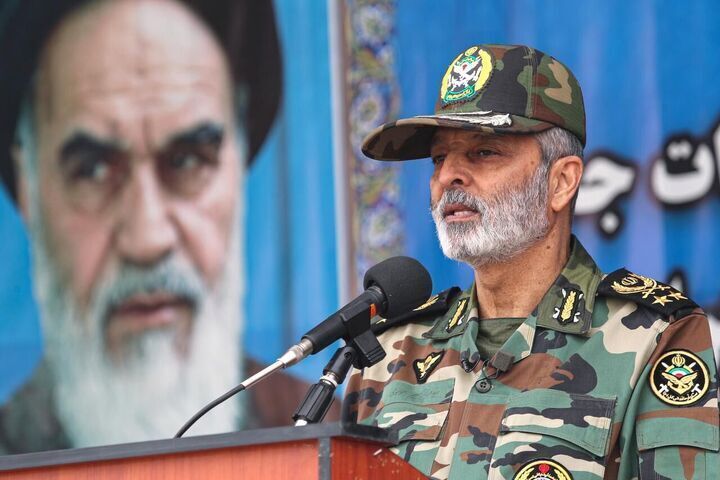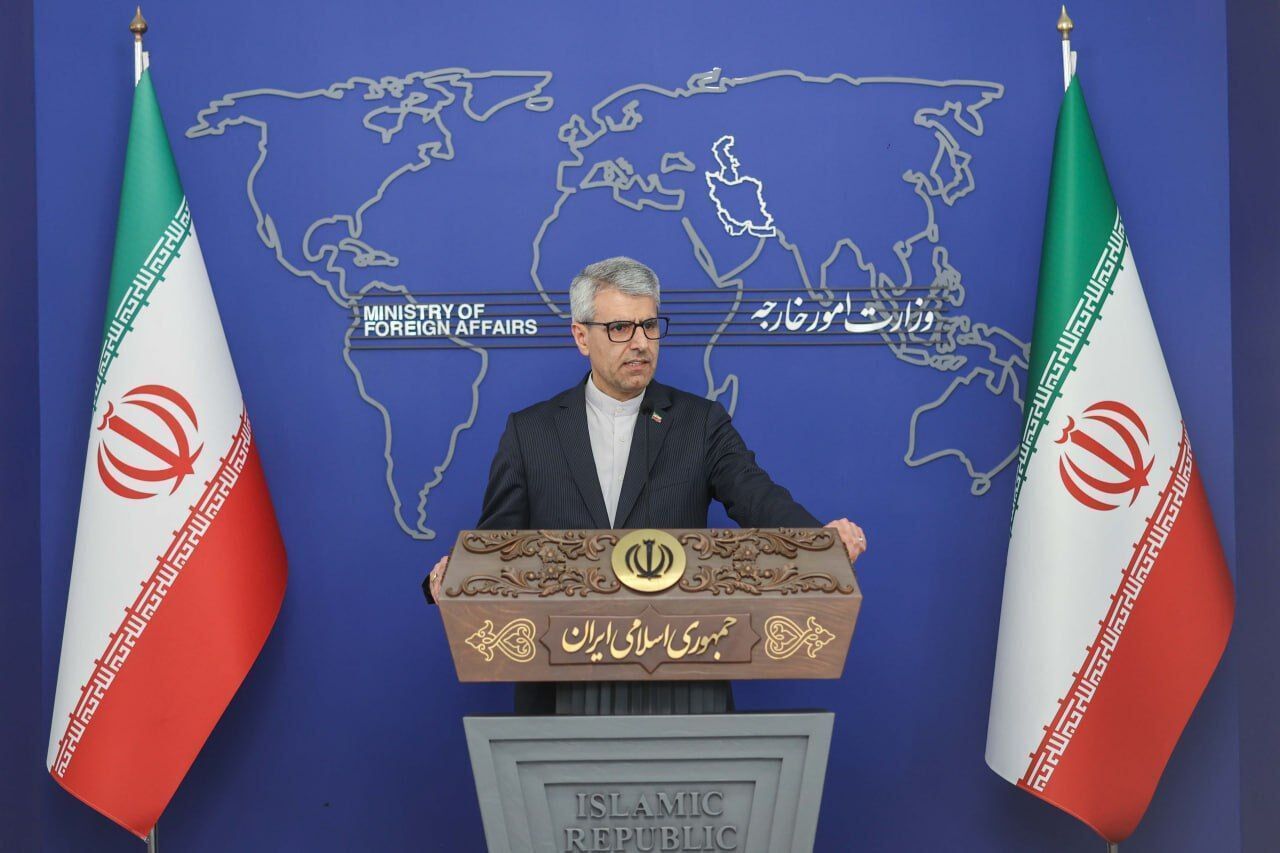
Similar Posts
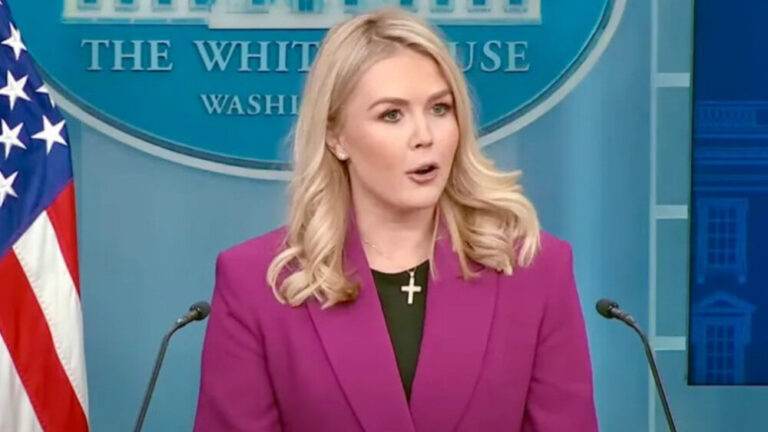
White House Confirms Direct Talks Between US and Hamas: What It Means for Peace Efforts
The Trump administration is actively addressing the situation of American captives in Gaza, with envoy Adam Boehler engaged in discussions to negotiate their release. White House Press Secretary Karoline Leavitt emphasized the importance of these talks, which have included covert meetings with Hamas officials in Qatar. The U.S. has classified Hamas as a terrorist organization since 1997, amid ongoing hostilities in Gaza. Despite a ceasefire agreement reached in January 2024, Israel has reportedly violated it, resulting in significant Palestinian casualties. Currently, Hamas holds 59 captives, down from 240. U.S.-Israeli relations are complex as communication discrepancies persist.
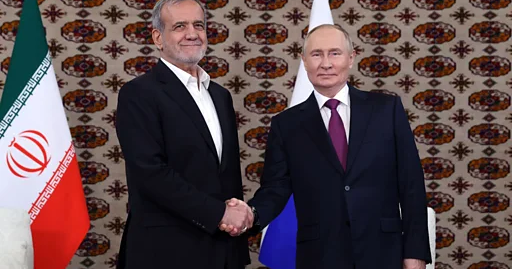
Iran-Russia Pact: No Mutual Defense Clause, Confirms Tehran
Russia and Iran are set to sign a strategic cooperation agreement, notably excluding a mutual defense clause, unlike similar pacts with North Korea and Belarus. Iran’s ambassador to Moscow, Kazem Jalali, emphasized the agreement’s distinct focus on Iran’s independence and security, confirming that Iran aims to ensure its own safety without relying on military alliances. A meeting between Russian President Vladimir Putin and Iranian President Masoud Pezeshkian on January 17 will discuss this long-awaited partnership, building on a previously extended 2001 treaty. Despite potential hurdles in finalizing the agreement, both nations remain committed to their evolving relationship.
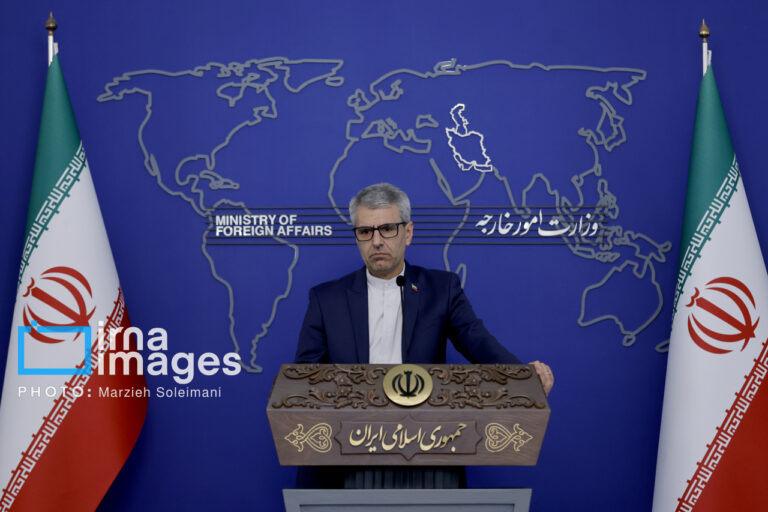
Iran’s Foreign Ministry: New Sanctions Challenge U.S. Negotiation Commitment
Recent U.S. sanctions against Iran have raised concerns about American credibility in nuclear negotiations. Iranian Foreign Ministry spokesperson Esmaeil Baqaei criticized the sanctions as unjust and indicative of U.S. bad faith, stating they undermine diplomatic efforts. He labeled the sanctions as arbitrary, illegal, and a violation of human rights, emphasizing that they contravene international law and the United Nations Charter. Baqaei argued that using sanctions as political pressure against developing nations violates free trade principles and the right to development. The U.S. Treasury recently sanctioned Iranian entrepreneur Asadollah Emamjomeh, reigniting debates on the effectiveness and morality of these measures.
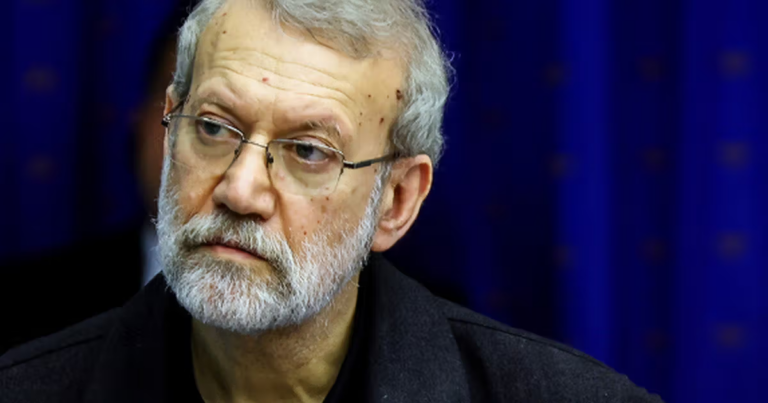
Iran’s Dilemma: Internal Conflict Over Nuclear Weapons Development
Recent comments by Ali Larijani, a senior adviser to Iran’s Supreme Leader, have sparked controversy regarding Iran’s nuclear ambitions. In a televised interview, Larijani suggested that Iran might reconsider its fatwa against nuclear weapons if faced with a significant threat, despite asserting that Iran is not currently pursuing nuclear arms. His remarks received support from hardliners on social media but drew criticism for potentially justifying preemptive military actions by adversaries like the U.S. and Israel. Iran’s Foreign Minister reiterated the country’s commitment to diplomacy and non-proliferation, while discussions continue about the implications of Larijani’s statements on international relations.
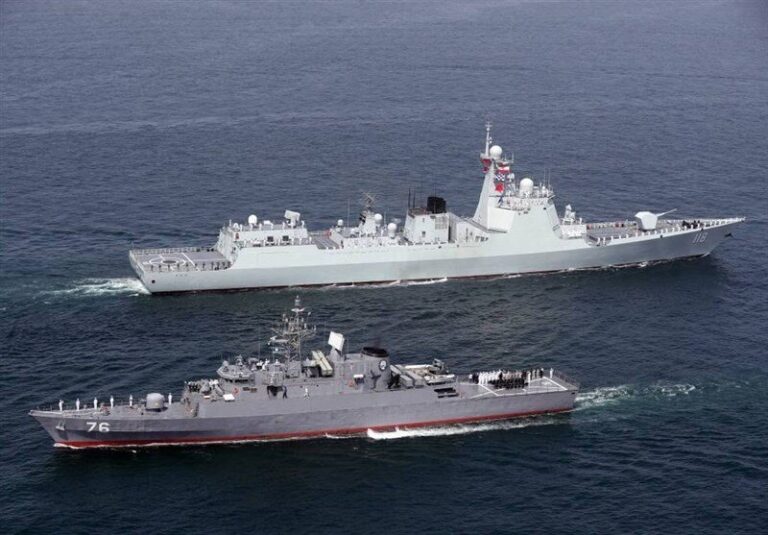
Unpacking the Strategic Signals of the Iran-China-Russia Naval Exercise: What It Means for Global Power Dynamics
Iran, China, and Russia began their annual joint military exercises, the “Security Belt-2025,” in the Gulf of Oman, highlighting their growing military cooperation amid changing geopolitical dynamics, particularly in response to U.S. policies. Located near Iran’s Chabahar port, the drills are the fifth since 2019 and reflect the strengthening of ties between these authoritarian regimes as they seek to counter U.S. influence. Analysts view the exercises as politically significant, coinciding with increased tensions between Iran and the U.S. over nuclear issues. The strategic location of Chabahar also underscores its importance in regional trade and security partnerships.
